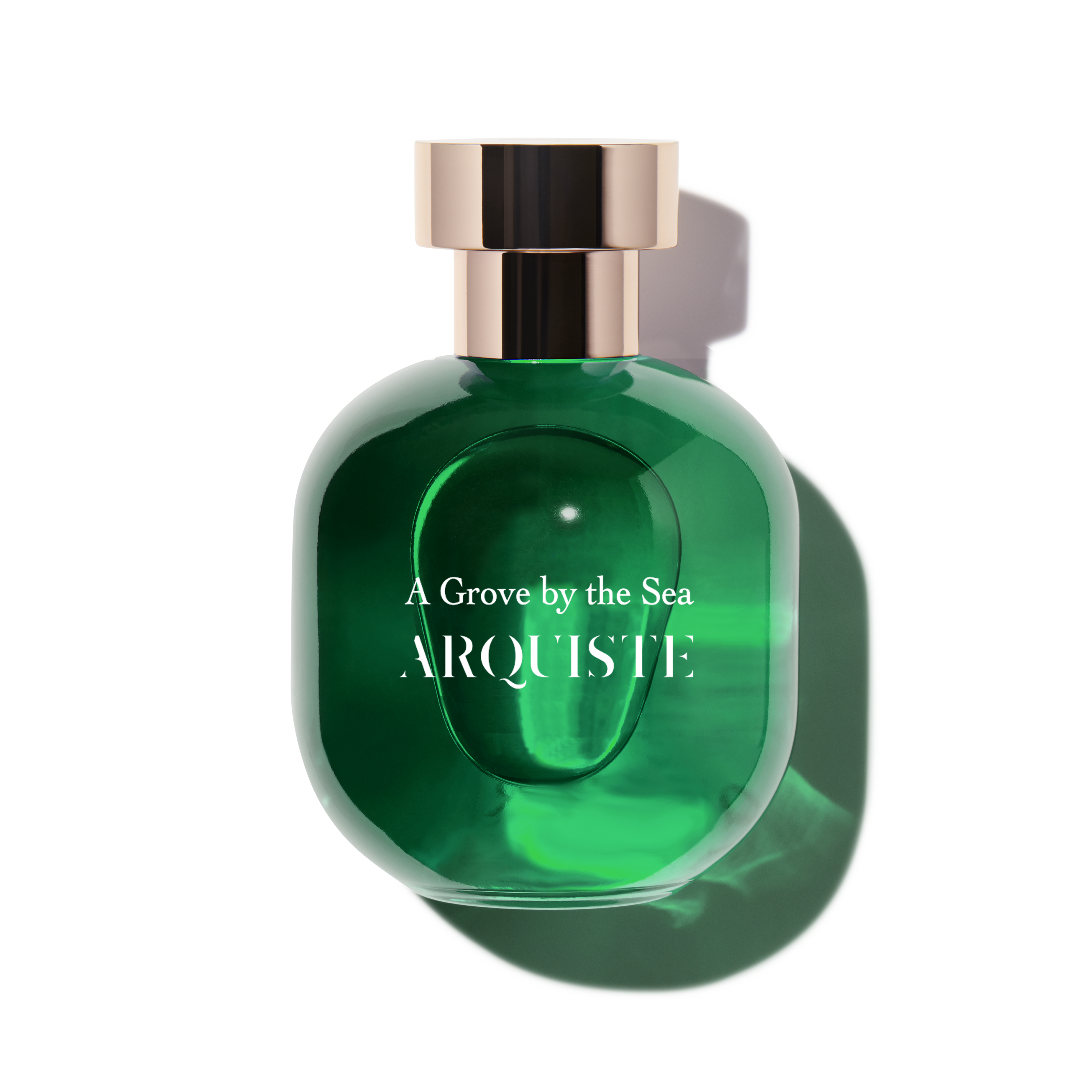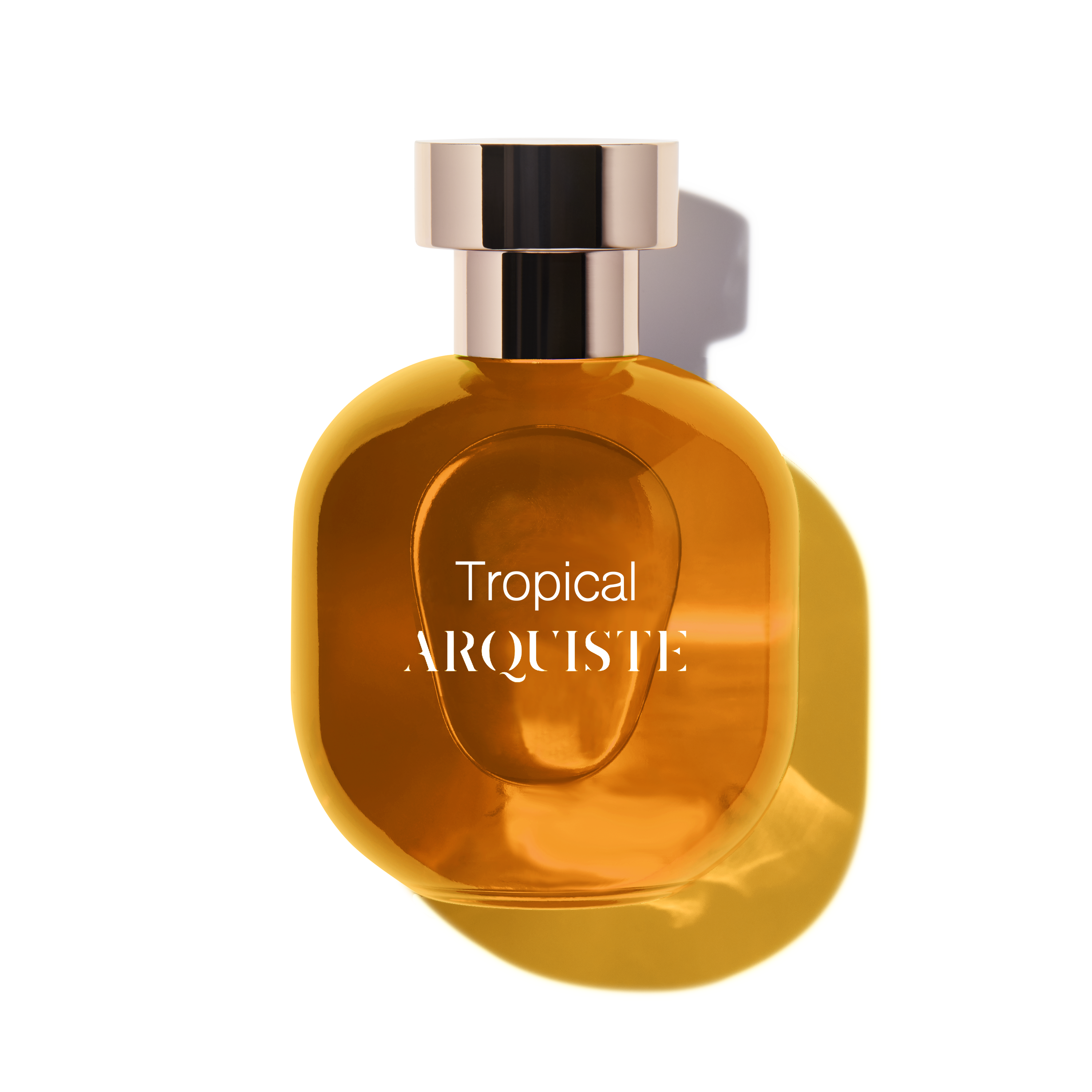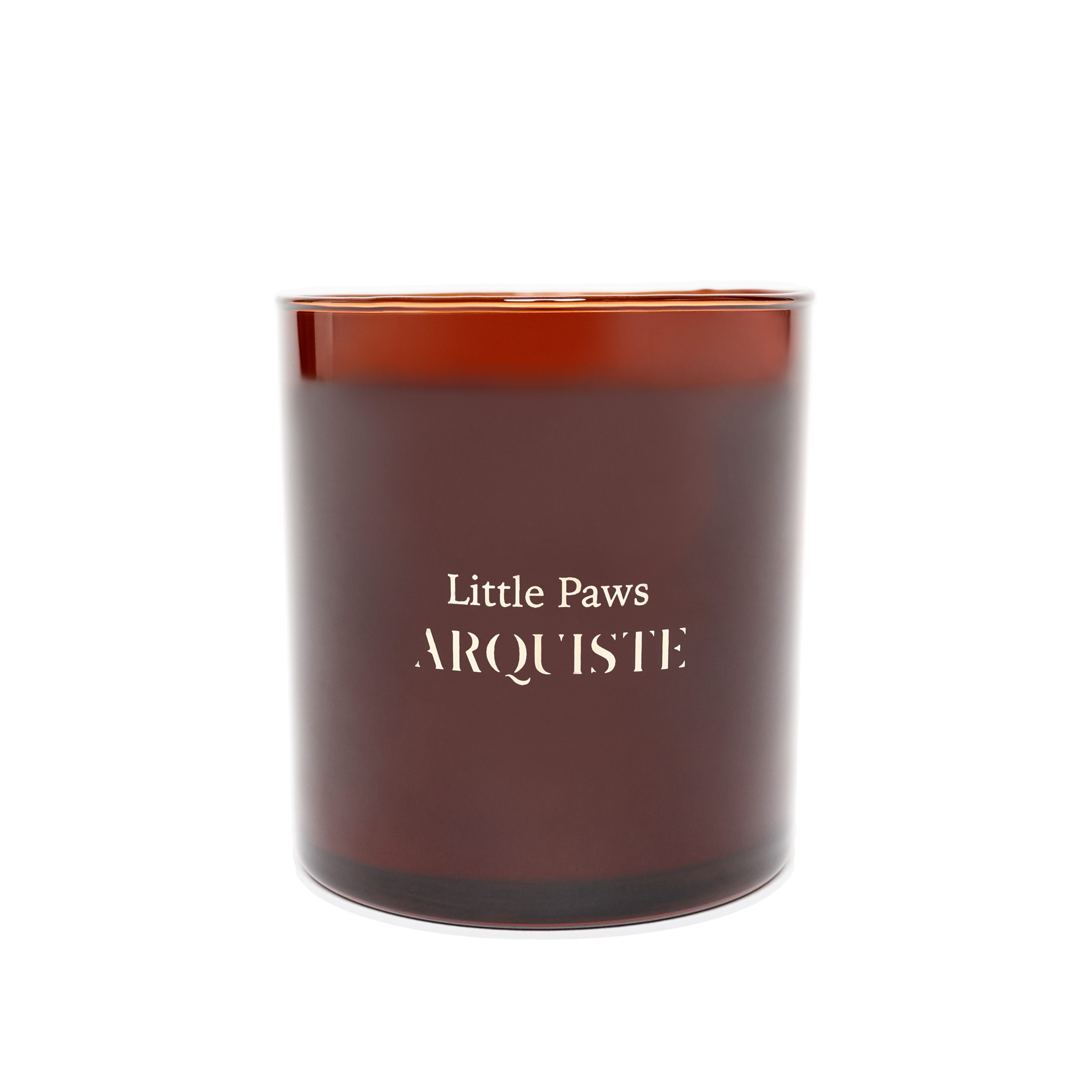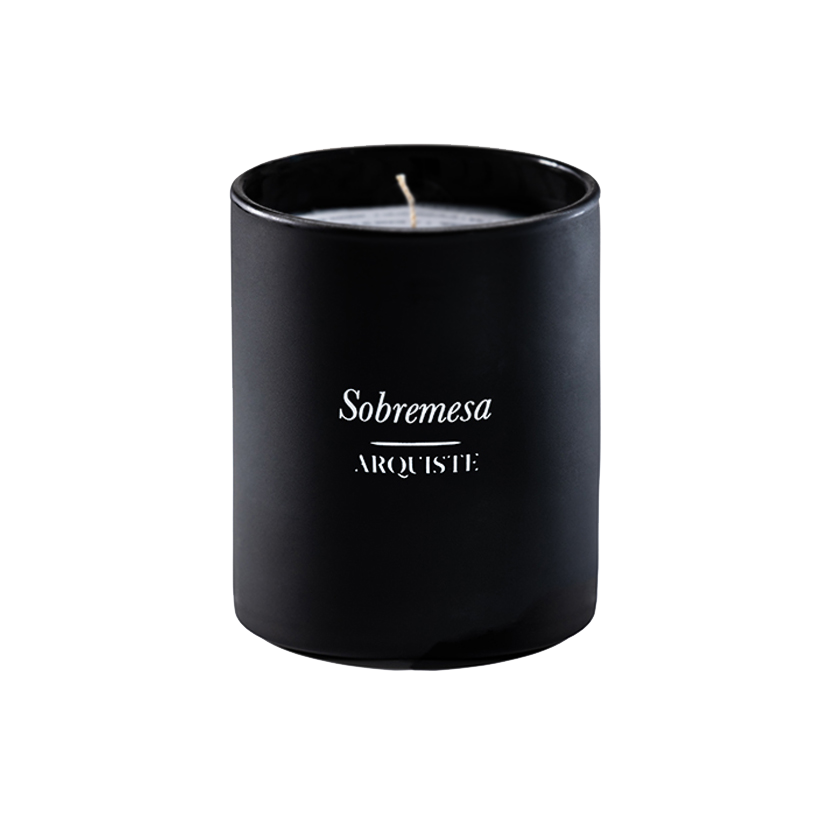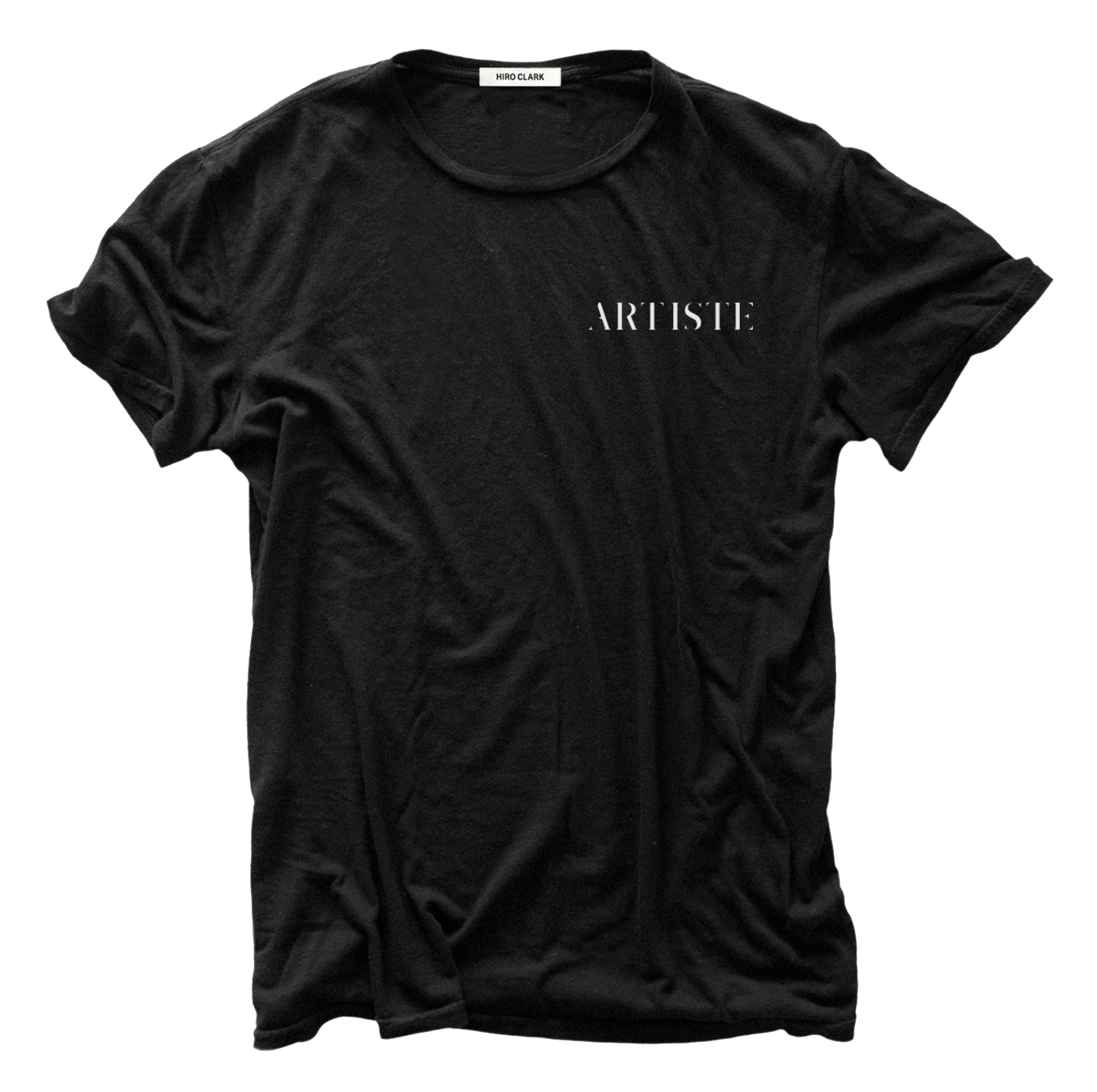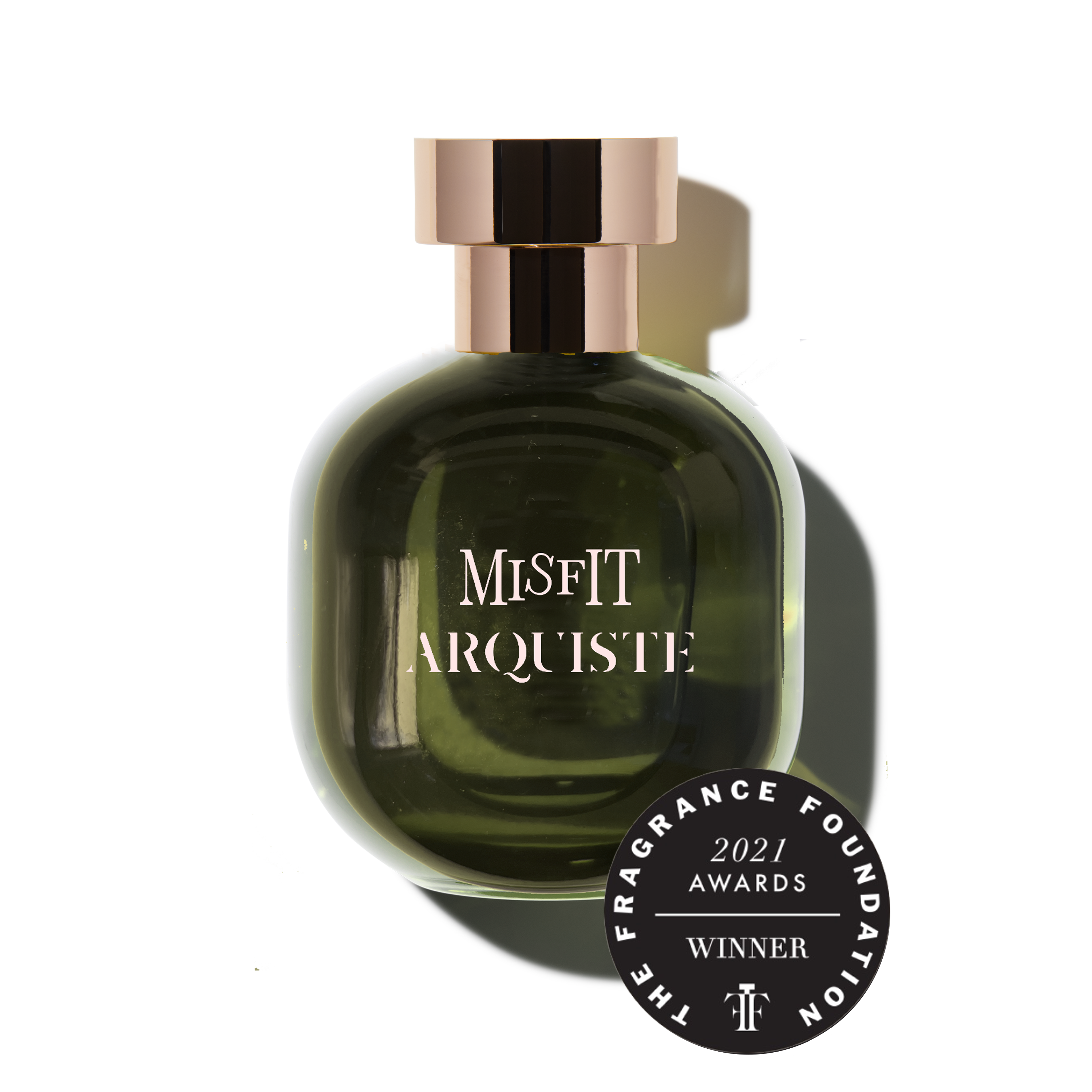
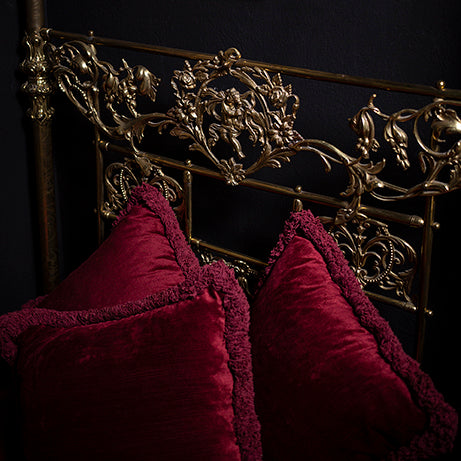
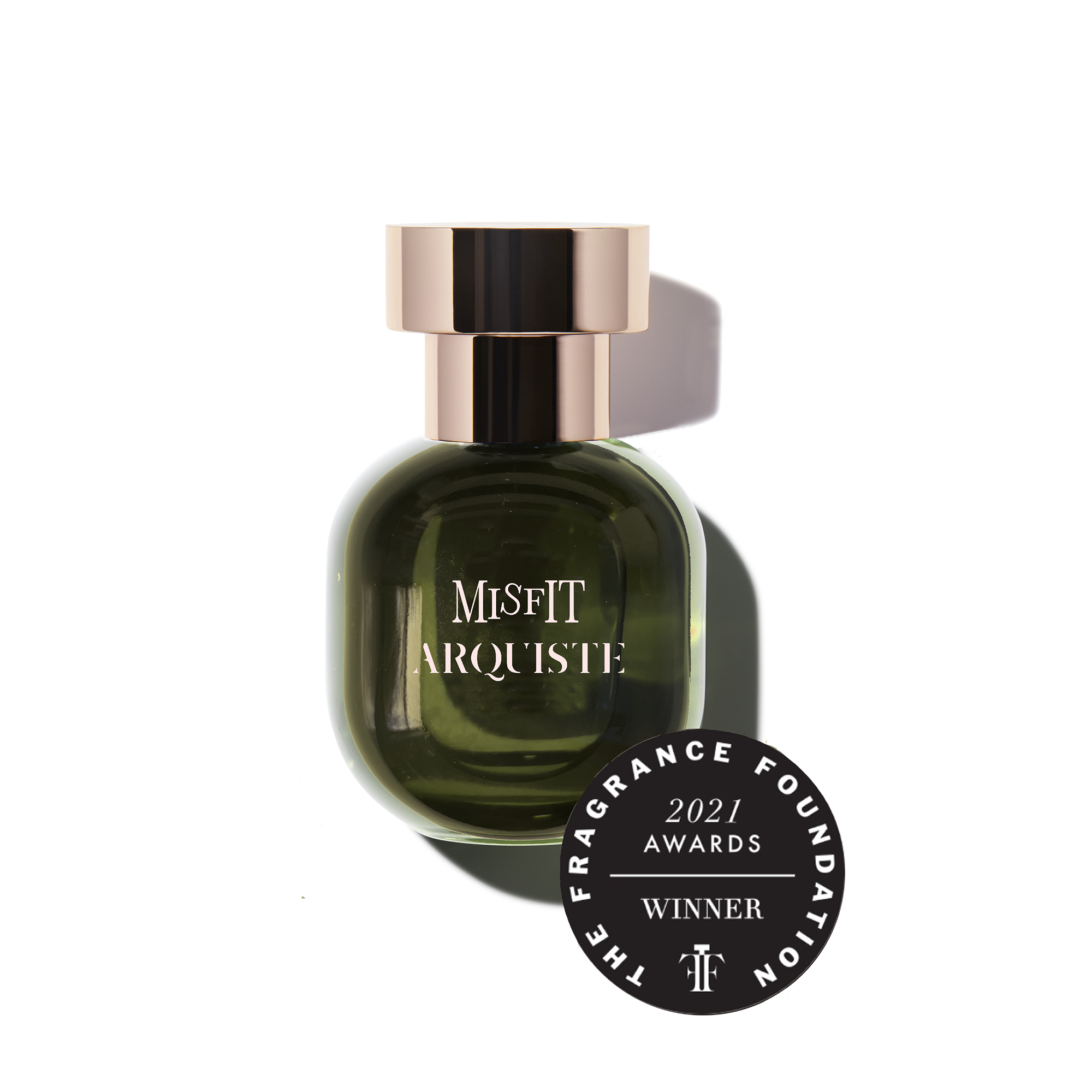
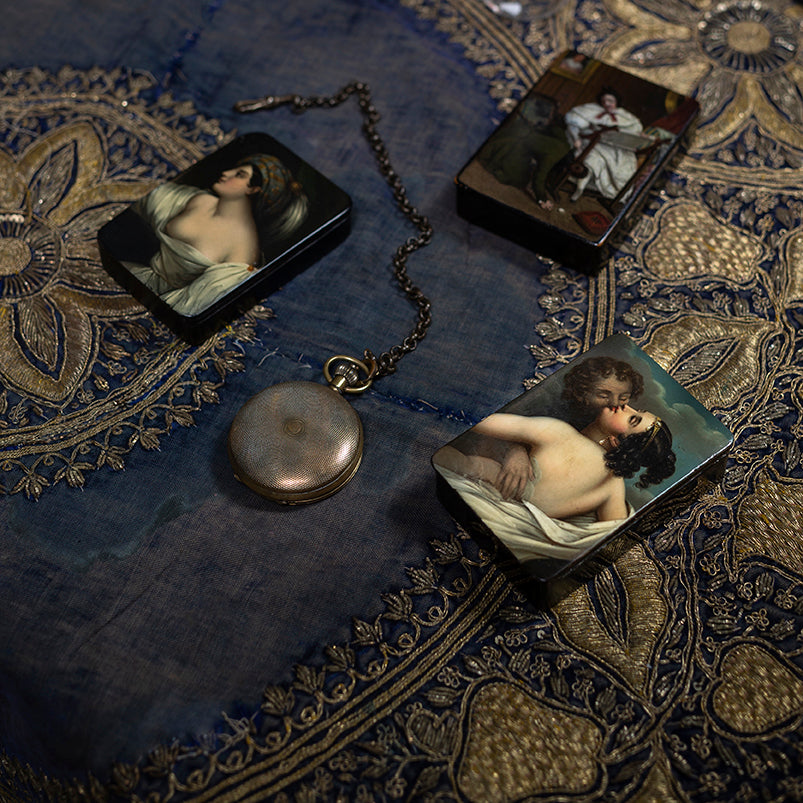
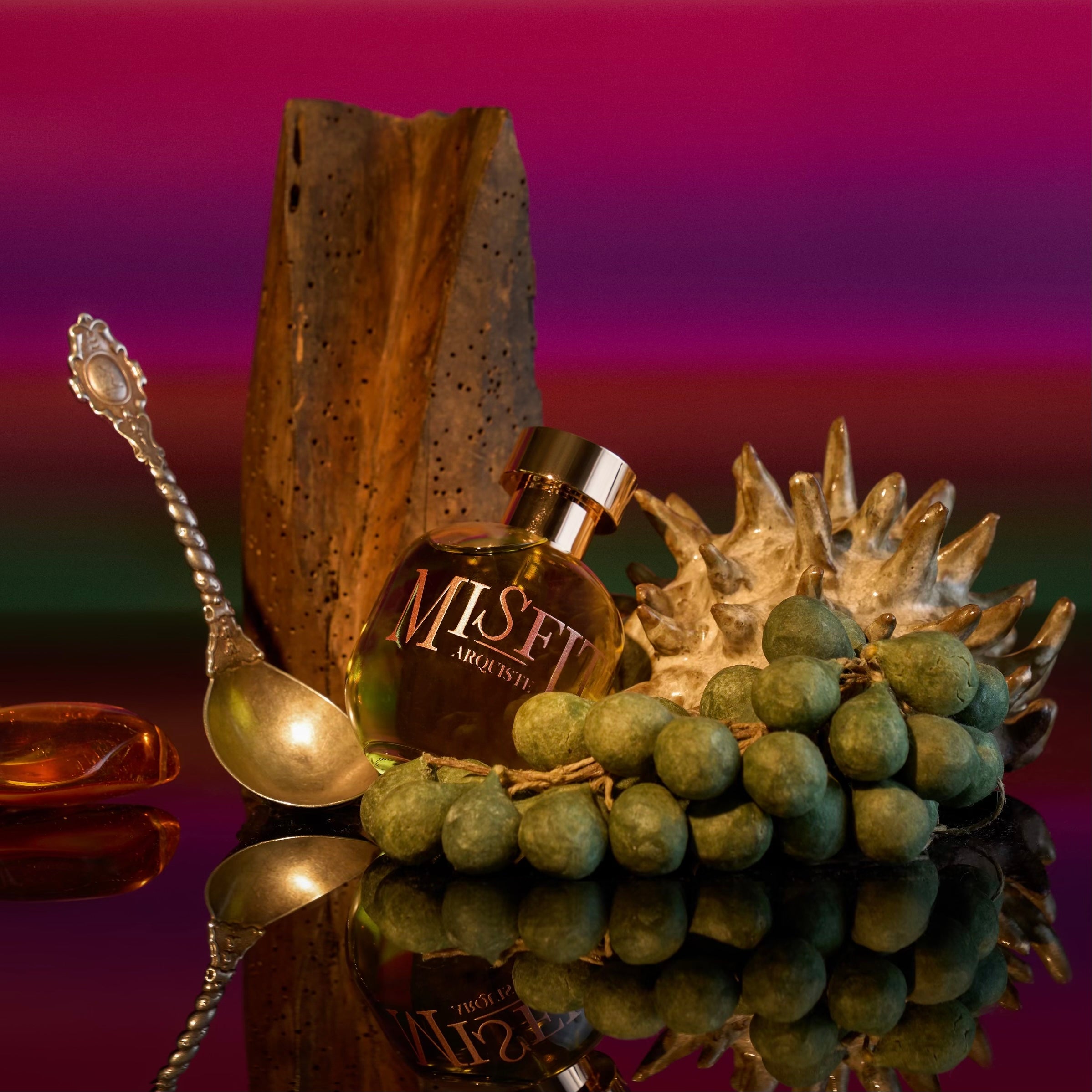
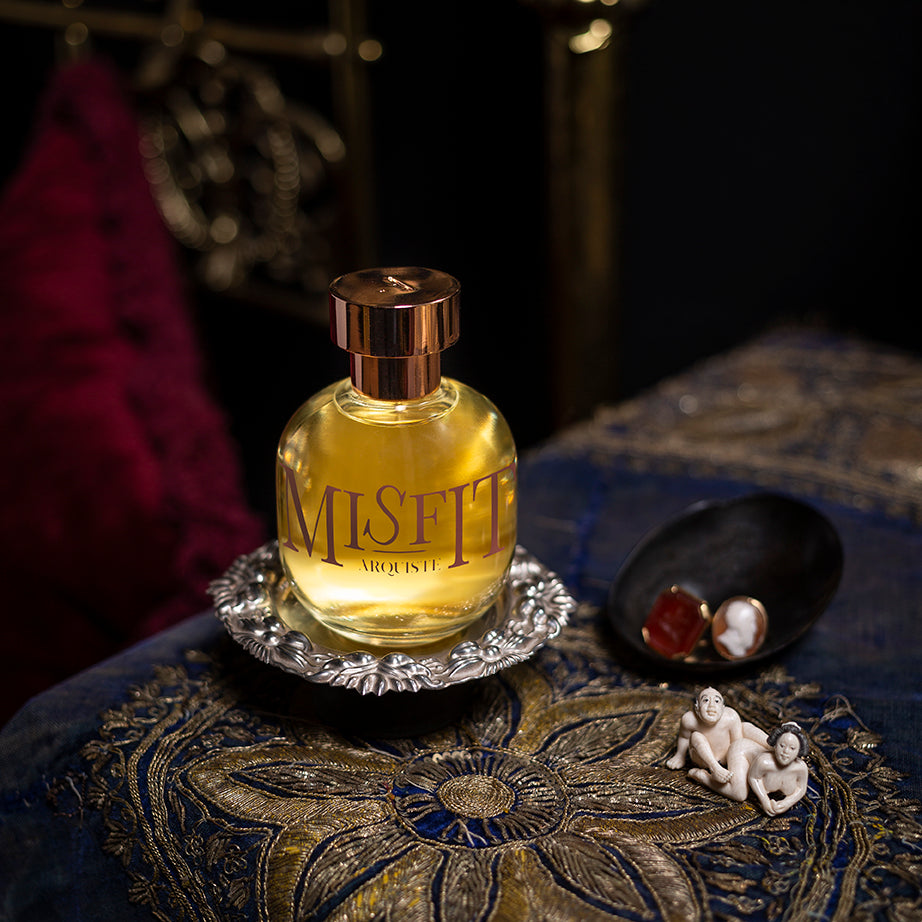
Top Notes
Calabrian bergamot essence
Carrot seed essence
Angelica root essence
French lavender essence
Heart Notes
Bulgarian rose essence
Ambrette seed absolute
Akigalawood
Styrax
Base Notes
Patchouli (proprietary combination of two fractioned essences)
Spanish cistus concrete
Venezuelan tonka bean absolute
Tolu balsam
Intro
Inspired by the 19th century courtesans and bohemians that embraced the scent of patchouli, MISFIT won the Fragrance Foundation 2021 Award for Best Independent Perfume. A scent balanced between regal and rebel, where cashmere-like ambery notes smooth out the carnal earthiness associated with patchouli and counter-culture. In MISFIT what was once decadent is now made addictively desirable. With main notes of: French lavender, ambrette seed absolute, patchouli, Venezuelan tonka bean and tolu balsam.
Eau de Parfum
History
September 1877, Port of Marseille, France.
In a bedroom in the City of Flesh, a Kashmiri shawl drapes decadently over the bed. Once extremely coveted, the shawls are now out of fashion with the bourgeois, their distinctive patchouli scent a victim of their downfall. Adopted by bohemians and courtesans, the fragrance mixes with French lavender, musky ambers and exotic balsams. With a new edge, and in the hands of misfits with style, the ‘undesirable’ becomes desired again.
Developed with Rodrigo Flores-Roux.
Description
Misfit is centered on the idea of things to go in and out of fashion…of fads that go from the mainstream to the fringes of society, and from the outside back in. Of making the undesirable, desirable again. Instead of following a trend, being a misfit and reclaiming the elegance of patchouli.
The signature ARQUISTE design consists of an ergonomic round bottle that feels great in your hands. Made of the highest quality glass in Parma, Italy, its complemented by a high-quality engraved metal cap, a fine mist spray pump and the newest technology for a crystal spray tube.
More
-The scent of patchouli first reached Western noses with the Kashmir-style shawls fashionable in the late 18th and early 19th centuries. The fine wool shawls would be packed with patchouli leaves in their folds to protect them from moths during their journey from India into Europe. Their distinctive scent became a mark of their artisanal quality and exotic origin.
-The shawls would travel in caravans from India, arriving in Egypt and sailing to Marseille. Needless to say, they cost a fortune. By 1808, French and British manufacturers decided to get in on the trend, and started copying them. Their quality was good, but there was something missing: the scent of patchouli. French manufacturers then asked perfumers to create scents that could be added to the shawls, in order to make them pass as authentic
-No longer as exclusive, the popularity of these shawls with the elites declined in the 1870s, due to the reduction in price, the increase in availability, and also to a change in women's fashion: the addition of the bustle, meant that a shawl would no longer drape in the same manner.
Patchouli was no longer the hottest scent in aristocratic circles...
-The shawls then became fashionable amongst courtesans and prostitutes, who would wear them undressed or seductively draped over furniture. Becoming popular in fringe circles, the scent of patchouli, reminiscent of exotic fantasies of odalisques and evocative of earthy pleasures, became the scent of decadence, of ‘taste professionals’ of dubious reputation.
-Later on, in the 20th century, hippies would re-appropriate patchouli for its connection to India, its association with European misfits, and for a potency that would mask cannabis. It became the olfactive signature of counter-culture.
-In order to create our formula, we set our story inside a courtesan's bedroom. Setting it in Marseille, the traditional port of entry for the shawls, gave us the lavender and rose waters used in the 19th century beauty regiment. Skin remedies with ingredients such as ambrette seed and tolu baslam were used for medicinal purposes to cure rashes and even venereal diseases. Those became important parts of the fragrance foundation. Interestingly, tonka bean was used in both perfumery and French desserts...a sweet base to round of earthly pleasures.
Bio
– Irwin, John, The Kashmir Shawl, Victoria and Albert Museum, 1973. ISBN 0112901646.
– Levi-Strauss, Monique, The French Shawls, 1987 Dryad Press Ltd 1987. ISBN 0852197594.
Image

MISFIT
Payment Methods





Shipping
ARQUISTE ships exclusively within the continental United States.
Please allow 1-3 days for us to receive and process your order during busy seasons. East Coast customers: Please add 3-4 business days after order processing. Central and West coast customers: 5-7 business days after order processing. To avoid delays or lost packages ARQUISTE® strongly recommends adding package protection to your order and shipping with UPS Ground.








MISFIT
Top Notes
Calabrian bergamot essence
Carrot seed essence
Angelica root essence
French lavender essence
Heart Notes
Bulgarian rose essence
Ambrette seed absolute
Akigalawood
Styrax
Base Notes
Patchouli (proprietary combination of two fractioned essences)
Spanish cistus concrete
Venezuelan tonka bean absolute
Tolu balsam
Intro
Inspired by the 19th century courtesans and bohemians that embraced the scent of patchouli, MISFIT won the Fragrance Foundation 2021 Award for Best Independent Perfume. A scent balanced between regal and rebel, where cashmere-like ambery notes smooth out the carnal earthiness associated with patchouli and counter-culture. In MISFIT what was once decadent is now made addictively desirable. With main notes of: French lavender, ambrette seed absolute, patchouli, Venezuelan tonka bean and tolu balsam.
Eau de Parfum
History
September 1877, Port of Marseille, France.
In a bedroom in the City of Flesh, a Kashmiri shawl drapes decadently over the bed. Once extremely coveted, the shawls are now out of fashion with the bourgeois, their distinctive patchouli scent a victim of their downfall. Adopted by bohemians and courtesans, the fragrance mixes with French lavender, musky ambers and exotic balsams. With a new edge, and in the hands of misfits with style, the ‘undesirable’ becomes desired again.
Developed with Rodrigo Flores-Roux.
Description
Misfit is centered on the idea of things to go in and out of fashion…of fads that go from the mainstream to the fringes of society, and from the outside back in. Of making the undesirable, desirable again. Instead of following a trend, being a misfit and reclaiming the elegance of patchouli.
The signature ARQUISTE design consists of an ergonomic round bottle that feels great in your hands. Made of the highest quality glass in Parma, Italy, its complemented by a high-quality engraved metal cap, a fine mist spray pump and the newest technology for a crystal spray tube.
More
-The scent of patchouli first reached Western noses with the Kashmir-style shawls fashionable in the late 18th and early 19th centuries. The fine wool shawls would be packed with patchouli leaves in their folds to protect them from moths during their journey from India into Europe. Their distinctive scent became a mark of their artisanal quality and exotic origin.
-The shawls would travel in caravans from India, arriving in Egypt and sailing to Marseille. Needless to say, they cost a fortune. By 1808, French and British manufacturers decided to get in on the trend, and started copying them. Their quality was good, but there was something missing: the scent of patchouli. French manufacturers then asked perfumers to create scents that could be added to the shawls, in order to make them pass as authentic
-No longer as exclusive, the popularity of these shawls with the elites declined in the 1870s, due to the reduction in price, the increase in availability, and also to a change in women's fashion: the addition of the bustle, meant that a shawl would no longer drape in the same manner.
Patchouli was no longer the hottest scent in aristocratic circles...
-The shawls then became fashionable amongst courtesans and prostitutes, who would wear them undressed or seductively draped over furniture. Becoming popular in fringe circles, the scent of patchouli, reminiscent of exotic fantasies of odalisques and evocative of earthy pleasures, became the scent of decadence, of ‘taste professionals’ of dubious reputation.
-Later on, in the 20th century, hippies would re-appropriate patchouli for its connection to India, its association with European misfits, and for a potency that would mask cannabis. It became the olfactive signature of counter-culture.
-In order to create our formula, we set our story inside a courtesan's bedroom. Setting it in Marseille, the traditional port of entry for the shawls, gave us the lavender and rose waters used in the 19th century beauty regiment. Skin remedies with ingredients such as ambrette seed and tolu baslam were used for medicinal purposes to cure rashes and even venereal diseases. Those became important parts of the fragrance foundation. Interestingly, tonka bean was used in both perfumery and French desserts...a sweet base to round of earthly pleasures.
Bio
– Irwin, John, The Kashmir Shawl, Victoria and Albert Museum, 1973. ISBN 0112901646.
– Levi-Strauss, Monique, The French Shawls, 1987 Dryad Press Ltd 1987. ISBN 0852197594.
Image



